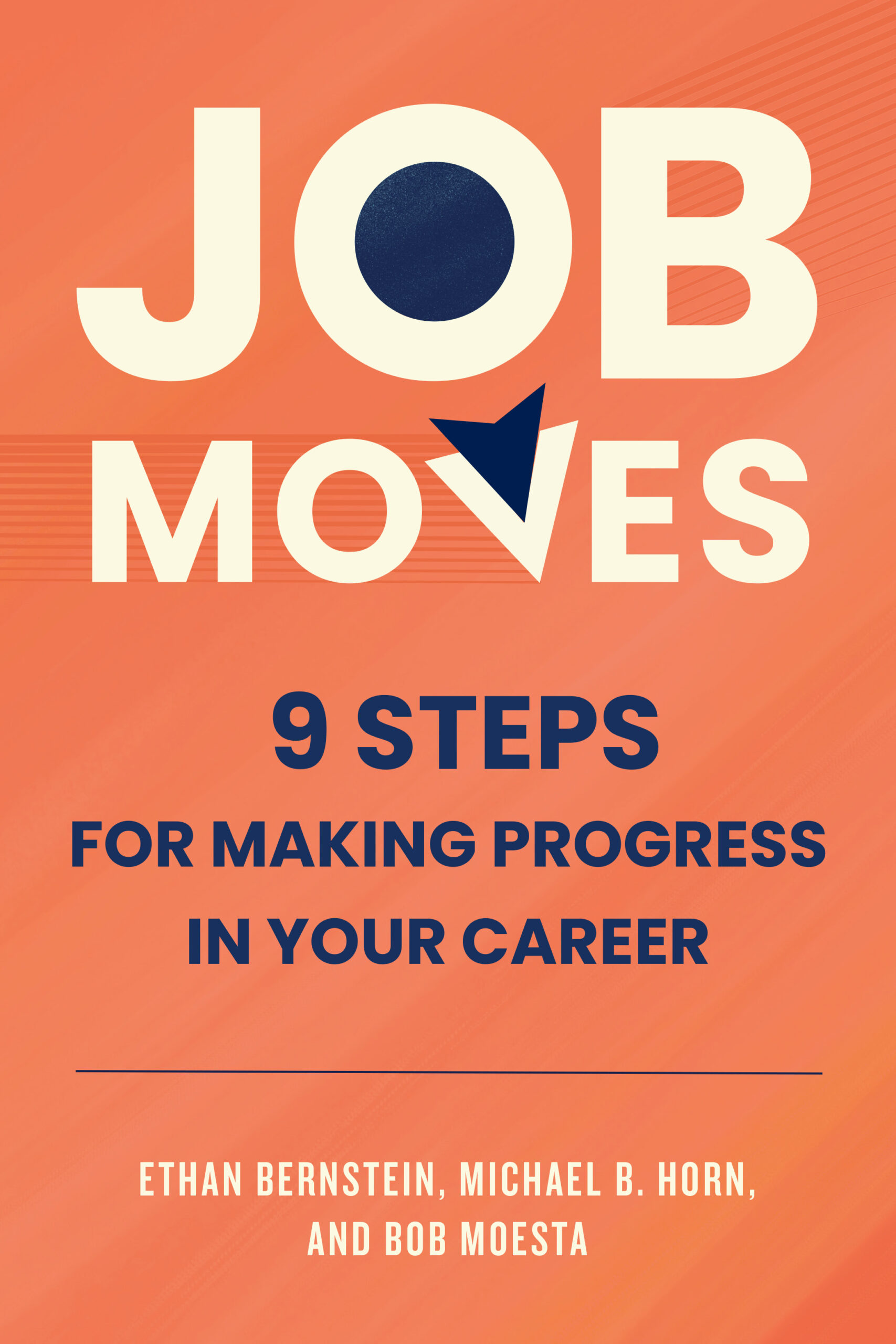Higher Education Needs an Audit
In the fallout from the college admissions scandal, one striking element has been the absence of checks and balances in the system.
As Jon Reider, a former Stanford admissions officer from 1985–2000, said on the To The Point podcast, “There is a surprising amount of trust in the whole admissions world.”
Surprising indeed. Reider said that while he was an admissions officer, they would catch someone fabricating significant details about themselves in an effort to gain acceptance once every two years or so.
But as Jeff Selingo wrote in The Atlantic, “Admissions counselors are not hired to be detectives.” At some elite colleges, applications are reviewed in eight minutes or less. The chances of catching larger problems are scant.
Although one might trust that coaches would not push to accept students who did not play the sport they coached—thereby losing talent on their team and, theoretically, hurting their team’s chances to win—that’s evidently a false assumption (including the bit about hurting a team’s chances to win, as shown by Yale’s women’s soccer team making the NCAA tournament).
Given the stakes riding on admissions decisions for elite universities—with the sorting and signaling function they play in society more broadly—you would think that elite colleges would use internal auditors to ensure that there are controls in place to, as Ryan Craig wrote, “maintain and enhance the trust.”
You would be wrong. In the aftermath of Operation Varsity Blues, it’s time for institutions to implement an audit process so that admissions officers don’t have to be superhuman and make up for the vulnerabilities in the system.

0 comments